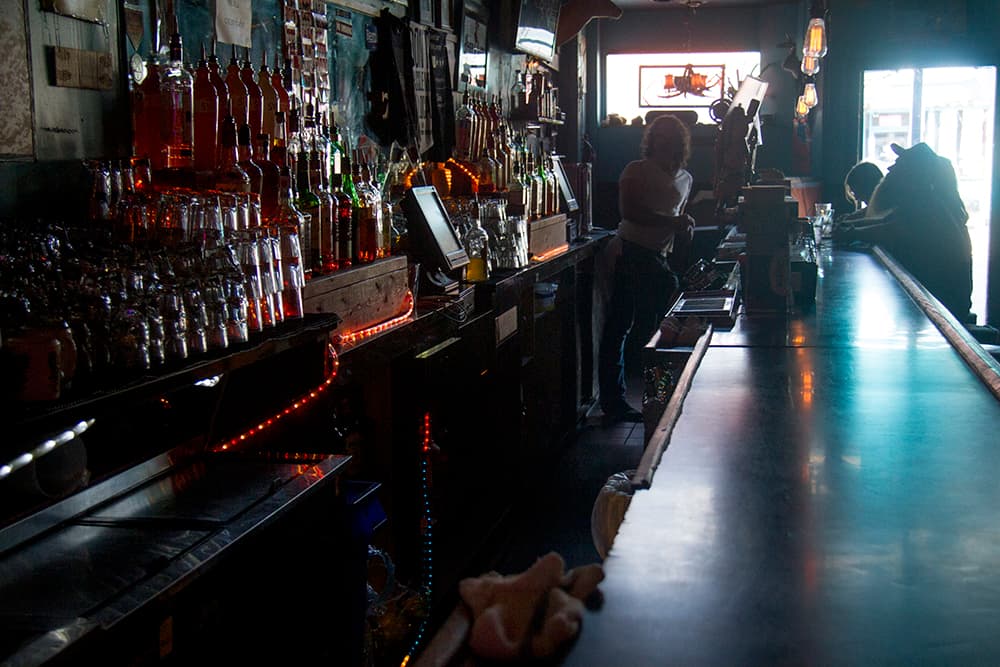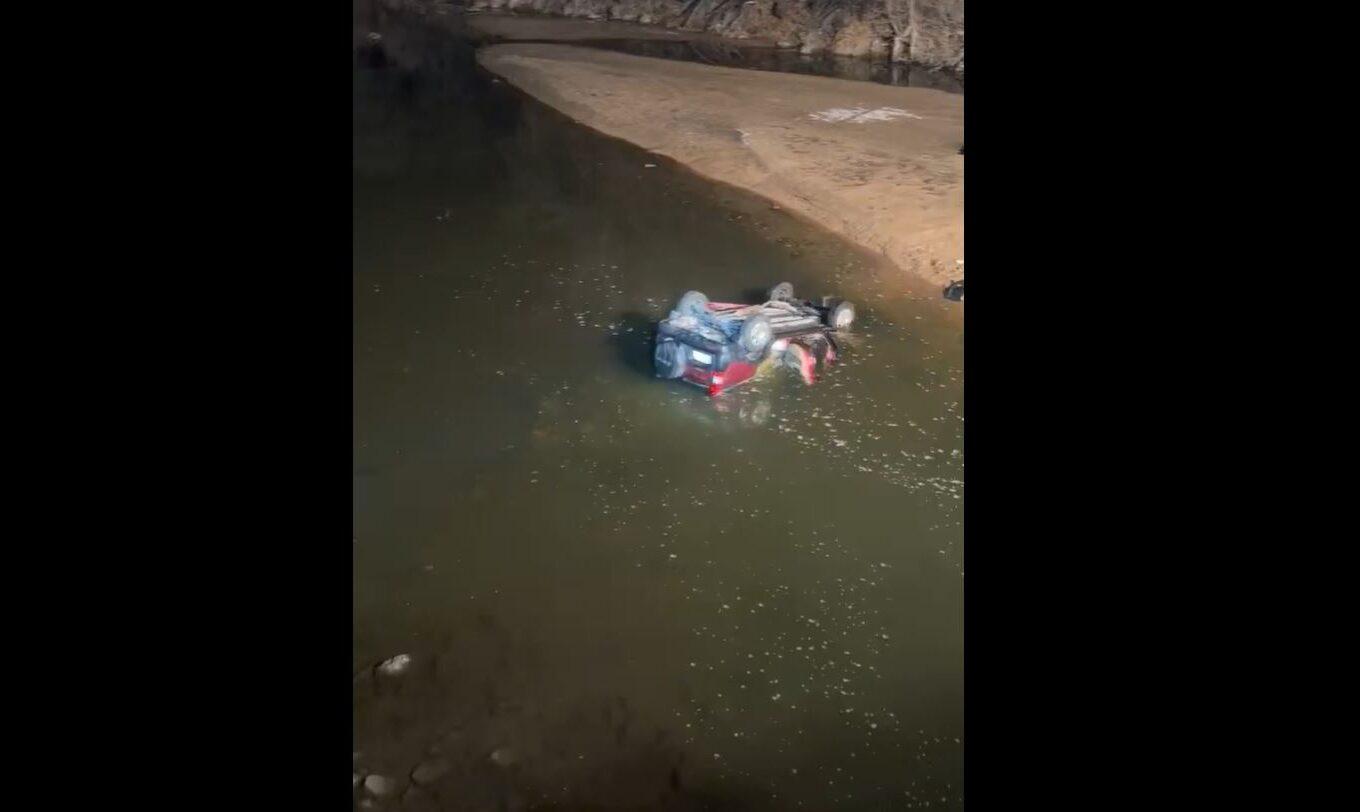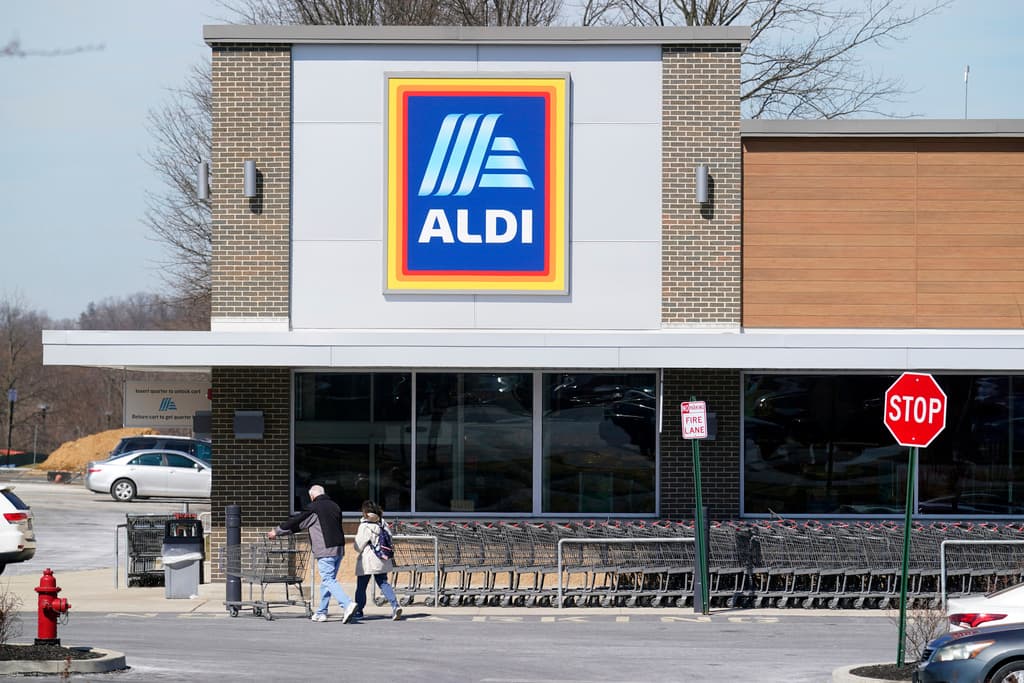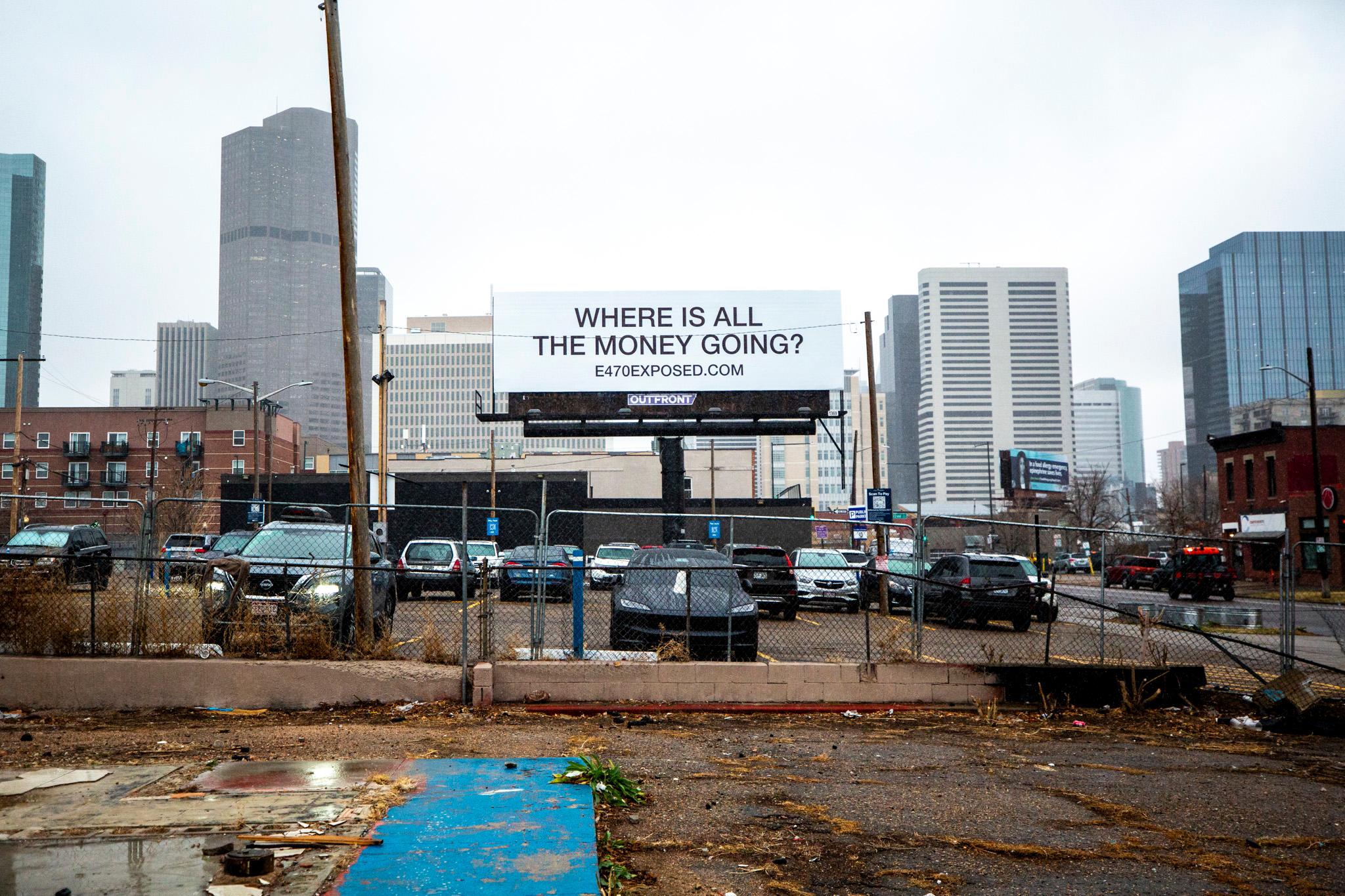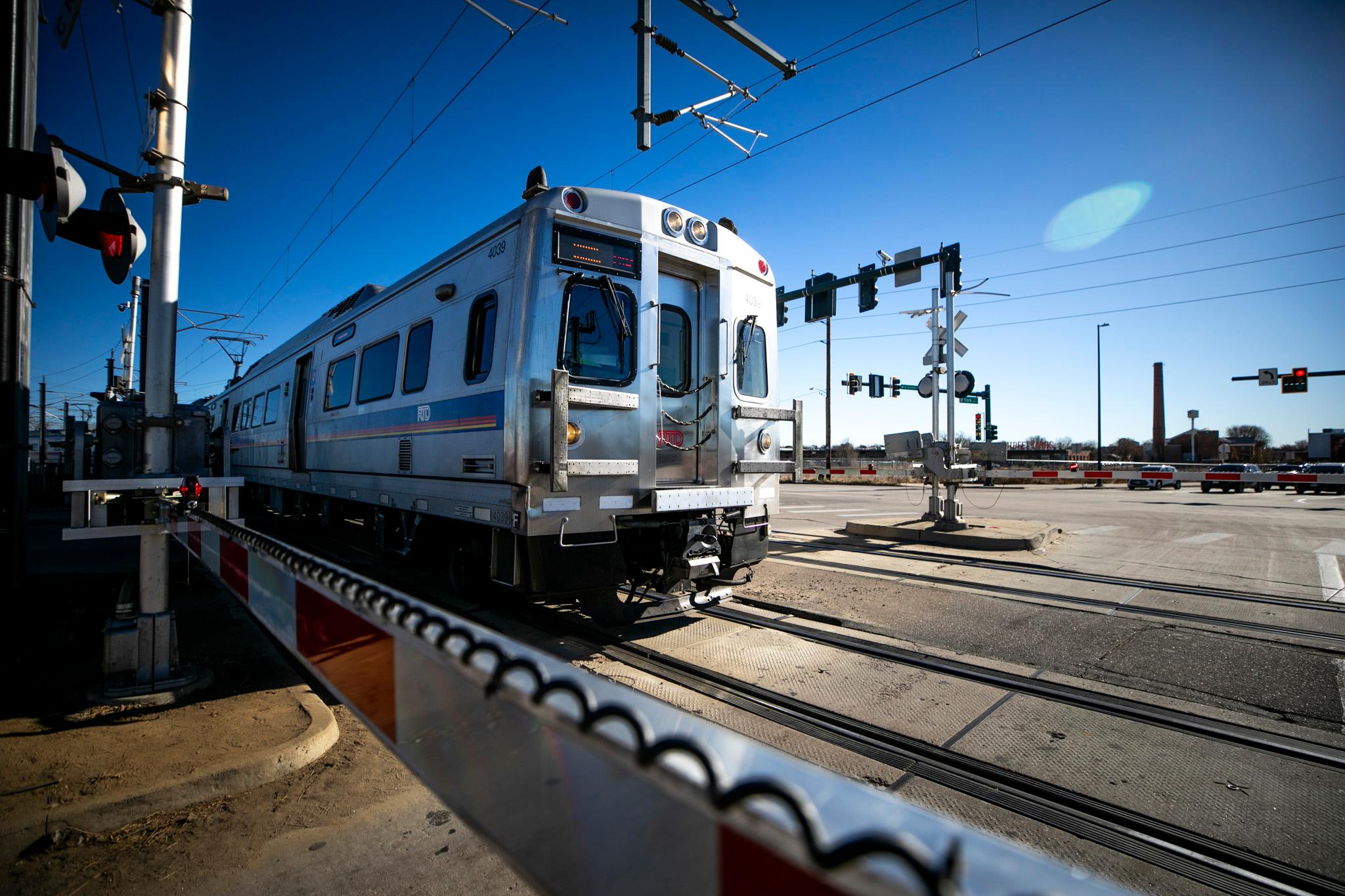By Paul Albani-Burgio
At Herman's Hideaway on South Broadway, May is typically the end of what General Manager Kale Nelson called the storied club's busy season.
"Really from that first week of February until the end of May is really when we are at our height," Nelson said. "We are open a lot, and we have a lot of really great shows."
But that couldn't be farther from the case this year as the club hasn't hosted a show in nearly two months and, in all likelihood, won't hold one for several more as the operators of music venues across the country await the end of a public health crisis that has brought all live events to a halt with a yet-to-be-determined end.
Herman's Hideaway and other venues across the city have been unable to provide hours to their staffs and been left to contend with the obliteration of their concert schedules, only to be further compounded by uncertainty about the future.
"I think the biggest challenge and the question I keep getting asked that I don't really know how to answer is, what are we going to do now?" said Paula Vrakas, the owner of the Broadway Roxy. "What's this going to look like when this new normal happens and we have to sort of figure out how to own a concert venue without being able to have anybody watching the show?"
Vrakas, who opened the Broadway Roxy as a live music-focused, 1920s-themed supper club on South Broadway last year, said she doesn't think it will be possible to have bands on stage for some time even after the city gives restaurants and bars the green light to reopen at a reduced capacity (Denver's stay-at-home orders lift on Friday).
She's already thinking about ways to continue to give guests the live music experience Broadway Roxy is built on while operating within that new normal, including the possibility of showing live performances by bands playing away from the space on a projector while customers dine and drink.
One operator hopes socially-distanced shows can be held this summer.
At the Oriental Theater in Berkeley, co-owner Scott Happel said he is still optimistic that his venue will be able to host "small, socially-distanced shows" at some point this summer. But he says that doing so can only be a short-term solution and likely one that will only work for artists that either are big enough to charge a premium for tickets to a small show or those desperate enough to play for a fraction of what a show at a venue like the Oriental would typically bring in.
"They're just going to be artists that are based in Denver, and are, like, we don't have any place to play and we haven't had any place to play for four months," said Happel. "But is it financially viable to play for 500 bucks if your band normally gets paid four or five grand to play? I don't know, but 500 bucks is better than nothing, I guess."
But while Happel said he is more than willing to get creative in the name of getting back to hosting shows, he said he also wants to prioritize safety and agrees with the decision of city and state leaders to put a temporary stop to concerts.
However, his agreement doesn't extend to the city's approach to communicating with venue operators about the crisis. Happel said he has heard about calls involving the mayor and AEG and Live Nation officials in which those companies were told to expect that when venues can reopen, there will be a 50-person cap on events until at least around Labor Day. Happel said he as an independent venue owner was not invited to be part of those conversations and instead learned about them as word got out from AEG employees.
"If you're telling AEG and Live Nation things that you haven't announced publicly, which the mayor's office absolutely has done, that just isn't fair," said Happel. "Announce things publicly, announce a conference call for venue owners that people can dial into, but don't give these national corporations that aren't even based in Denver what is essentially inside information about what you are planning if you aren't going to give it to us."
Mike Strott, deputy communications director for the Denver mayor's office, said that members of the mayor's administration and the city's emergency operations team have had meetings with several stakeholders, including venue operators, regarding the city's planning for how to reopen. However, Strott said he could not say for certain whether AEG and Live Nation had been part of those meetings without knowing which specific meetings and dates Happel was referring to.
"Those discussions have been focused on whenever the green light is given to re-open, including the allowance of large gatherings, how do they propose to re-open and what restrictions and guidelines will they would/could implement to keep patrons, customers and staff safe. These discussions have occurred through several means, including one-on-one conversations, group meetings and in some cases with the assistance of the city's Economic Relief and Recovery Council," Strott said in an email.
Strott also said Happel and other venue operators could reach out to the mayor's office if they would like to meet on that topic and the mayor's office would be happy to accommodate. However, Happel said he has reached out to the mayor's office about the meetings he had heard about and received no response.
Some 1,200 independent operators around the U.S. have banded together to form the National Independent Venue Association, a new organization dedicated to garnering government support for independent venues to help them weather the pandemic and its aftermath.
Duncan Goodman, the owner of Cervantes' Masterpiece Ballroom and Cervantes' Other Side in Five Points, said he joined NIVA immediately upon hearing about it and is highly supportive of its message, which calls upon music fans to put pressure on lawmakers to provide more financial support to venues.
"We need your support more than we have and I assume more than we ever will," Goodman said.
Goodman's venues did qualify for the Paycheck Protection Program, which he called a "tremendous help in being able to pay our staff while we are unable to operate." But in his view, that assistance alone won't be enough to keep many venues afloat.
"The PPP loan is only supposed to cover eight weeks, and our inability to operate is going to be a lot longer than eight weeks," he said. "Our industry is absolutely going to need more support, or there is going to be a lot of venues having to board up."
Travis Ragan, who manages the Roxy Theatre just down Welton Street from Cervantes' Masterpiece Ballroom, is more critical of the government, which he said has done "a terrible job of thinking through the crisis."
In his mind, if the government was going to require venues to close, as he believes it was right to do, it shouldn't be requiring businesses affected by the closures to pay mortgages and taxes. A PPP loan ultimately isn't a significant help either, he said, because 75 percent of the loan must go toward paying employees.
"I think it was set up for failure," he said of the government response to the crisis.
With the Roxy Theatre and its counterpart in Grand Junction unable to operate for the foreseeable future, Ragan said he and his business partners have opted out of taking salary. He's now covering his mortgage and truck payment by working for his brother's construction company while leaning on savings and credit to cover the rest of his expenses.
"I can see us not being able to make money from our music company for at least another year or two if we want it to survive," Ragan said. "Which means we will be out doing other things like what I am doing right now in order to supplement that little bit of income."
At the hi-dive on South Broadway, co-owner Curt Wallach said that while the closure has been challenging, the club is doing "about as well as it could be" thanks to support from the community.
"Bands have been doing live-streams and stuff like that to help us raise funds, and we've been doing special merch items, and we did a concert ticket credit you could buy online," he said. "All of that stuff has been selling really well. I think the local scene is getting behind us because they don't want to see a cool small independent venue get hurt by this.
Nelson said the team at Herman's Hideaway is also looking to start organizing shows that would be broadcast online -- although doing so would be more about keeping live music alive through the crisis than making money for the venue.
"There's no real money to be made in that," he said. "But it could be something to maybe help out a couple bands and pay for somebody's rent."
The potential ramifications of the pandemic on the music industry became clear last week in Boston, where Great Scott, a 44-year-old rock club, announced it was closing as a result of the virus.
But while the representatives of all of the venues interviewed by Denverite said they have been highly-impacted by the industry's current challenges, they all believe their venues will reopen after the pandemic ends.
"We're looking forward to that day that we can say, hey, we've got a show, let's throw a party come on down," Nelson said.
This story has been updated with comments from Mayor Michael Hancock's office.

